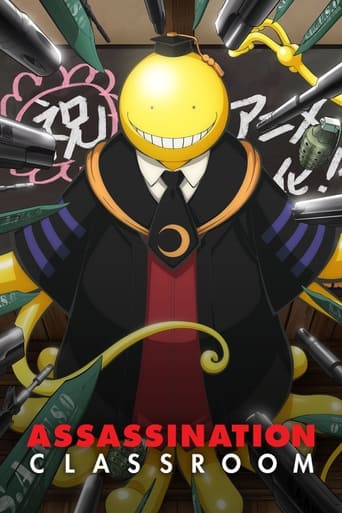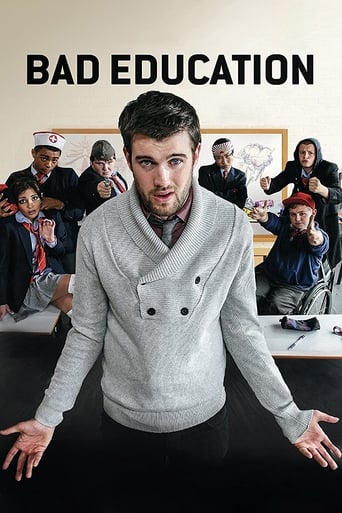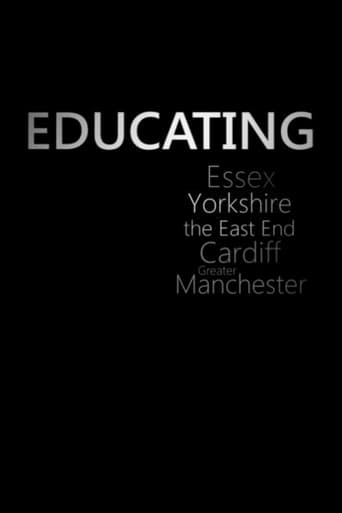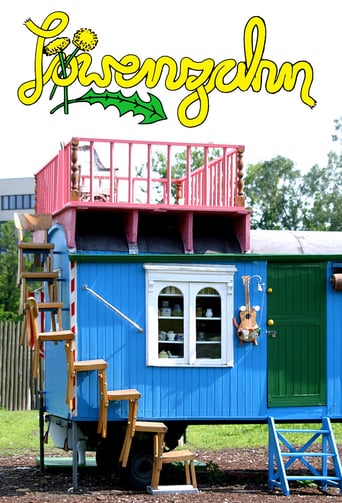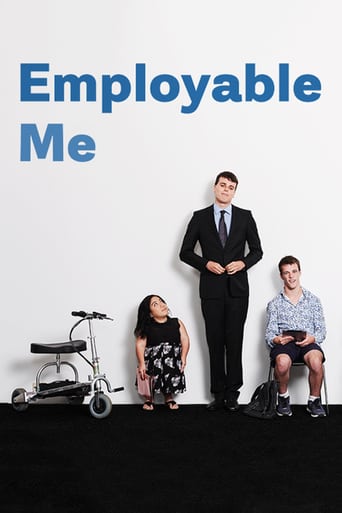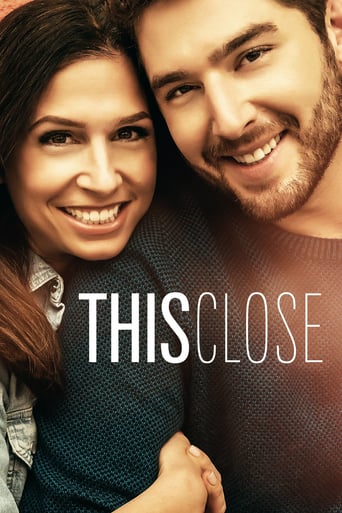
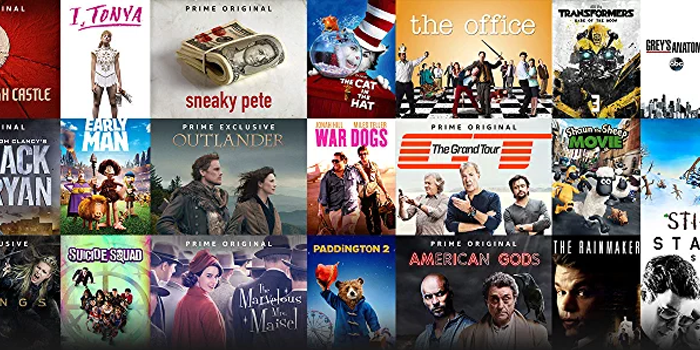

Season
15 - The Totally Senseless Game Show
Aug. 11,2015

The Totally Senseless Game Show explores disability by disabling its celebrity contestants including Rick Edwards, Greg Rutherford and Amelle Berrabah from The Sugababes. Presented by Martin Dougan, this tongue-in-cheek mock gameshow pushes boundaries, plays with taboos and flips between the action on stage to a behind-the-scenes comedy drama back-stage.

